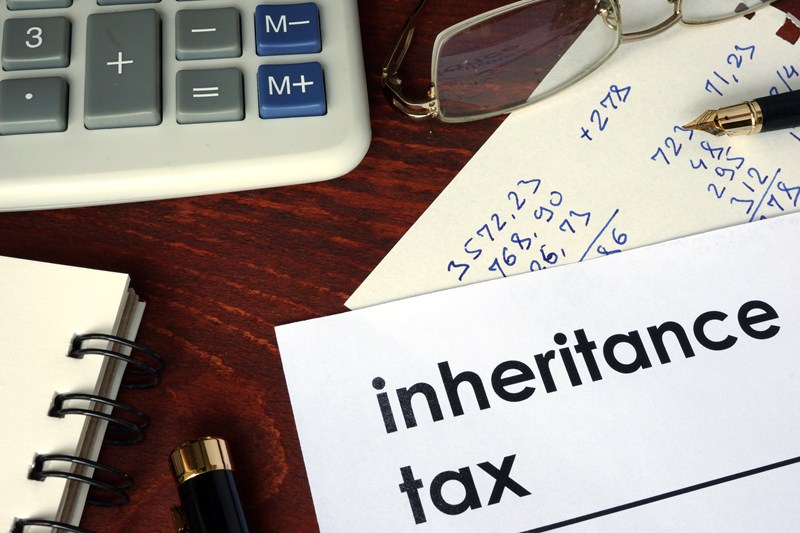There are special rules concerning the liability to IHT on a transfer made during a person's lifetime. Most gifts made during this period are not subject to tax at the time of the gift.
These lifetime transfers are known as 'potentially exempt transfers' or 'PETs'. The gifts or transfers achieve their potential exempt status if the taxpayer survives for more than seven years after making the gift. If the taxpayer dies within three years of making the gift, then the IHT position is as if the gift was made on death. A tapered relief is available if death occurs between three and seven years after the gift is made.
However, if a transfer does not qualify as a PET, then IHT will become immediately chargeable on the transfer. HMRC’s internal manual lists the following scenarios where transfers may be immediately chargeable:
- transfer into a relevant property trust, because the gift is not to an individual or a specified trust, and
- transfer to a company.
There may also be an alternative charge on the property transferred under the gift with reservation rules.
There are four other transfers of value that are specifically prevented from being PETs. These are a
- transfer by a close company
- the deemed disposition on the alteration in the capital or share rights of close companies
- the release of a life interest between 18 March 1986 and 16 March 1987, and
- the transfer of woodlands subject to an outstanding Estate Duty charge, which only qualifies for partial PET treatment.


Recent Comments